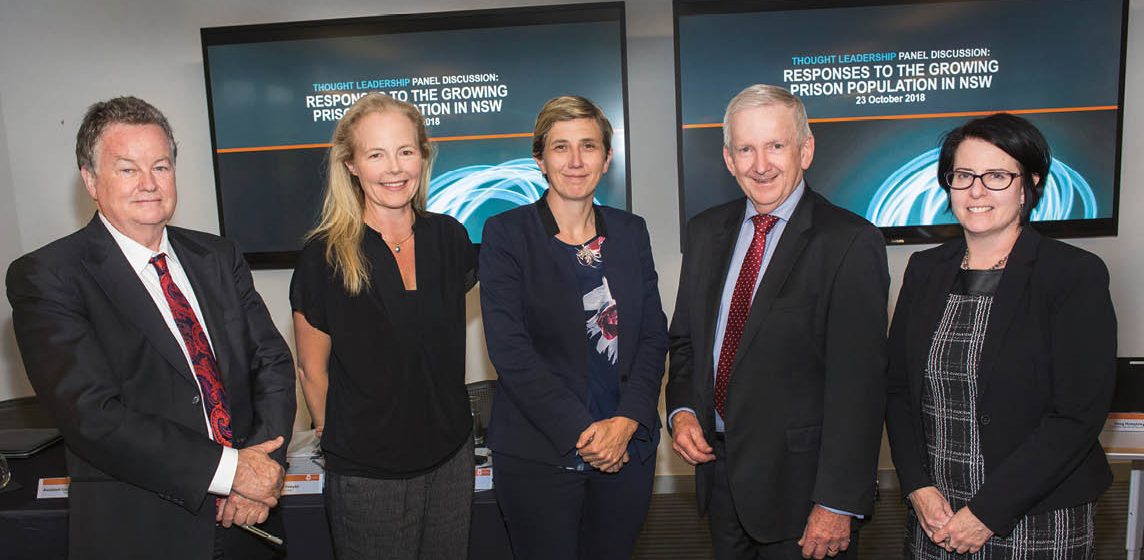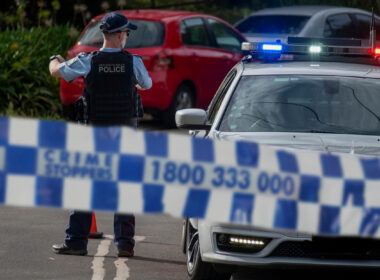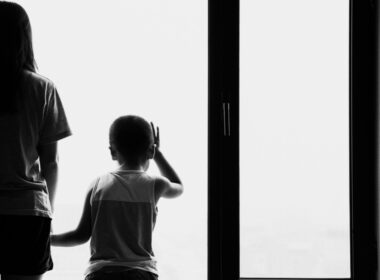Australia has a higher incarceration rate than any other major common law country, except for the United States, and Law Society President Doug Humphreys said the rising number of people in prison in NSW was something lawyers and all citizens should lobby politicians about leading up to the March State election.
Sarah Hopkins of Just Reinvest NSW and Aboriginal Legal Service NSW/ACT chaired the panel, which included Drug Court Judge Roger Dive, Assistant Commissioner Luke Grant of Corrective Services, Director of Juvenile Justice Melanie Hawyes, and Women’s Legal Service’s Carolyn Jones.
Humphreys said the rate of Indigenous incarceration was “a national shame” and that court delays, particularly in the District Court, were causing unacceptable numbers of people in prison on remand.
Assistant Commissioner Grant said some NSW prison cells had not changed, apart from the addition of toilets, since they were built in the 19th century. He welcomed additional government funding of $3.9 million over four years, which would bring 7,000 new prison beds to NSW, and called for a close look at the remand system in which 50 per cent of prisoners were incarcerated, sometimes for years, and then did not end up receiving a custodial sentence. Grant said the NSW prison population was 13,271, of which 33 per cent were on remand. This compared with 6,400 in prison in 1994, including 11 per cent on remand when he joined Corrective Services.
He said an overhaul of sentencing introduced in late September was improving the system and that prison numbers were falling by 20 people each day due to new arrangements. Judge Dive called for more funding for drug courts, which he said had proven their worth and demonstrated the value of agencies such as the Health Department, Corrective Services, Housing and Justice working together.
Last year, 96 people had applied to join the drug court program but had been refused due to a lack of funding. He said 57 per cent of participants in the drug court (165 last year) did not return to jail. Melanie Hawyes, Director of Juvenile Justice, had some good news, saying the number of juveniles in detention in NSW had fallen in the past 10 years. She said between 260 and 290 young people were locked up in NSW at any time, adding that “all the effort is on keeping kids out of detention”.
Hawyes pointed to several early intervention community-based programs that were small but showing success through intensive case management. She called for greater understanding and resources into the effect of trauma on children.
Carolyn Jones, who works with women who have often been raped and assaulted as children, raised in poverty and/or have cognitive impairment, called for more resources for specialised legal services for women and the abolition of short sentences for women.
“The imprisonment of primary carers should be used only as a last resort,” Jones said.




